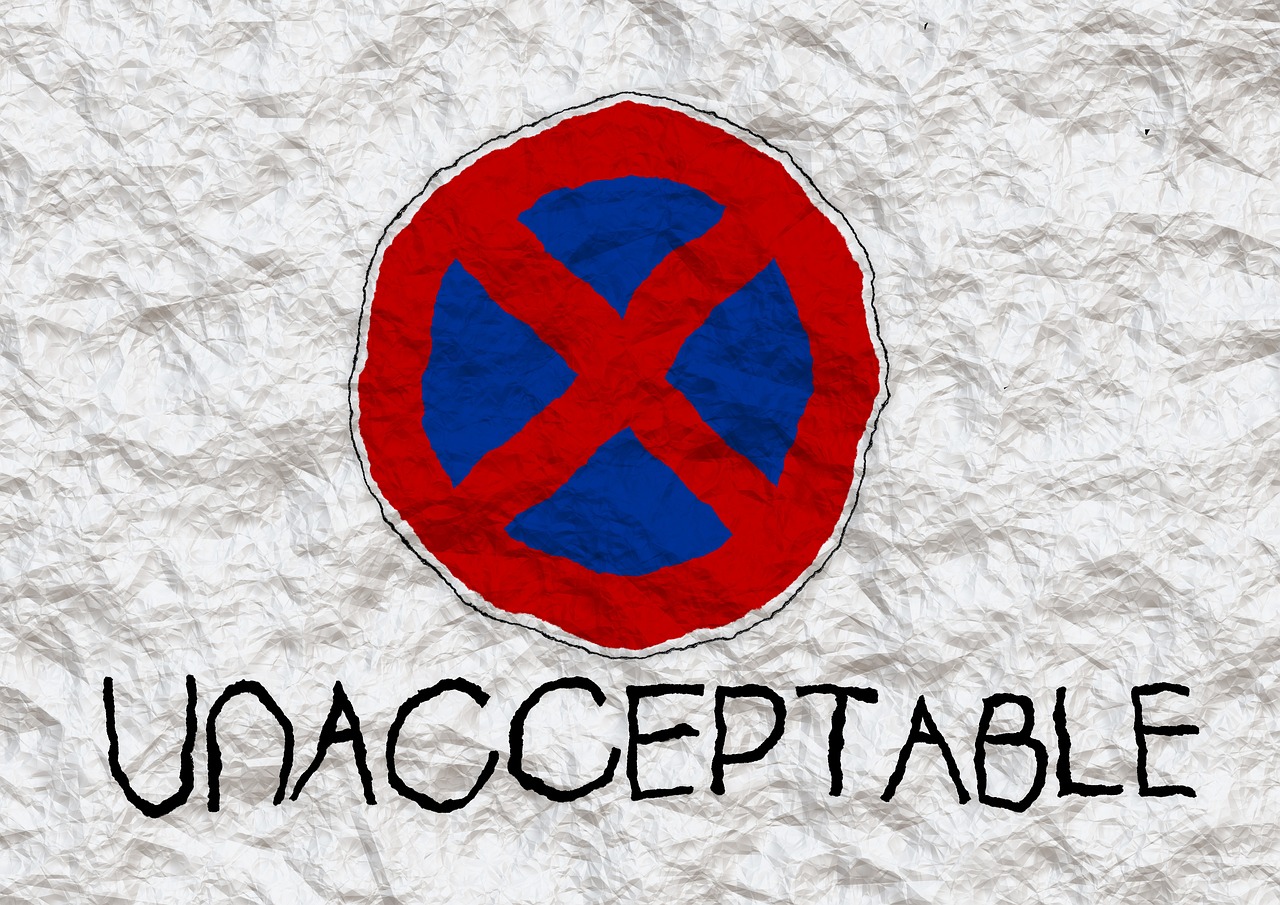Russian Duma approves ban on adoption for parents from gender reassignment countries
The Russian State Duma recently passed a controversial bill banning the adoption of children by citizens from countries where gender reassignment is permitted. The decision, which sparked widespread debate, was reported by Tass and represents a significant step in Russia’s family policy.
Details of the bill
The bill, introduced in July by a group of lawmakers led by the speaker of the lower house, Vyacheslav Volodin, provides for changes to the Russian Family Code. In particular, the new provisions stipulate that adoptive parents cannot be citizens of states where sex changes are possible through medical interventions or the use of drugs.
According to the Duma Speaker, the initiative aims to protect children from “potential dangers”, highlighting the need to protect the most vulnerable in an increasingly complex global context.
The countries mentioned include Italy, Austria, Estonia, Germany, Iceland, Luxembourg, Malta, Norway, Slovenia and Switzerland. Volodin noted that some of these states do not set age limits for those who wish to change their gender. In addition, eight other nations have set a minimum age for minors to undergo such procedures.
Implications of the law
This new law could have significant implications for international adoptions from Russia. Many activists fear that the law could exclude potential adoptive parents and limit opportunities for children looking for a family.
The situation raises questions about the direction of Russian policies regarding children’s rights and family diversity. While some argue that the law protects children from harmful situations, others see it as a form of discrimination.
Towards an uncertain future
The Duma’s decision comes amid intense global debates over LGBTQ+ rights and family policies. With international adoption in decline and Russia’s new restrictions, the future of adoption remains uncertain.
The reactions to this law will be closely watched both domestically and internationally. It will be interesting to see how these dynamics will influence Russian policies in the coming years and what consequences they will have on the rights of children and families involved in the adoption process.


